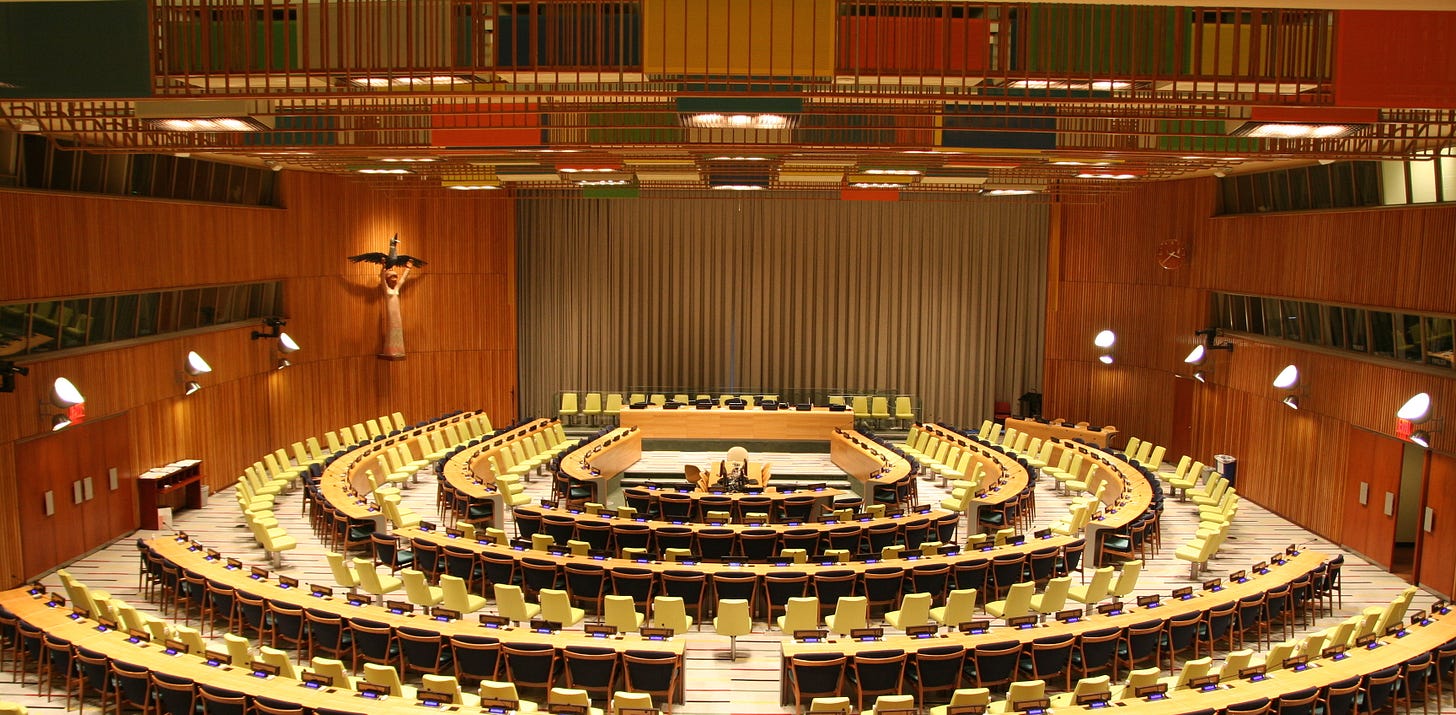An Idea So Crazy it Just Might Work
A UN Trusteeship for Gaza?
At a press conference on Wednesday, Israeli Defense Minister Yoav Gallant exposed a growing rift in Israel’s War Cabinet. As he tells it, Gallant has been pushing fellow cabinet members to come up with a solution for administering Gaza that does not include indefinite Israeli rule but has been rebuffed at every turn. "Without such an alternative, only two bad options will be left: Hamas rule or Israeli military rule," Gallant warned.
Gallant’s break with Netanyahu today is notable for how public it is. But for anyone paying attention to this crisis for the past several months, Gallant’s grievances should not come as a surprise. Planning for a so-called “Day After” in Gaza has not been a priority for the Israeli government, which remains squarely focused on its military operation against Hamas.
For months, the Biden administration has been pressing Netanyahu to come up with a plan. Antony Blinken suggested a reformed Palestinian Authority ought to assume control of Gaza, but Netanyahu would not hear of it. Other plans have been systematically floated and shot down by Netanyahu. Now, as Israel’s military operations continue in Gaza with no end in sight, and as Hamas re-establishes control in certain parts of Gaza that Israel once considered cleared of the group, the absurdity of the status quo is being aired by none other than the Defense Minister ostensibly in charge of this military campaign.
So how could Gaza be administered in a way that both satisfies Israel’s legitimate security concerns and recognizes Palestinian aspirations for self-determination? The answer, according to three prominent Canadian diplomats and scholars, is to revive a long-dormant branch of the United Nations called the “Trusteeship Council.”




